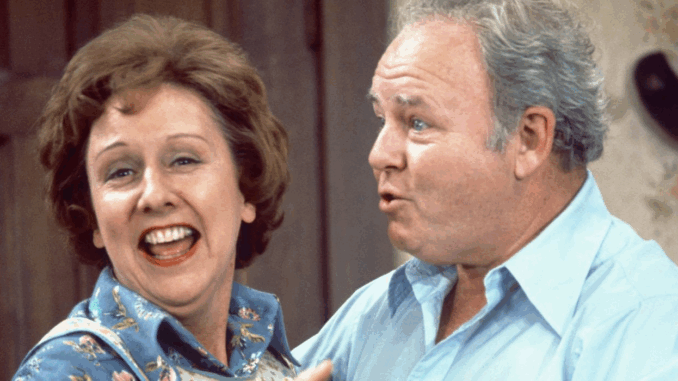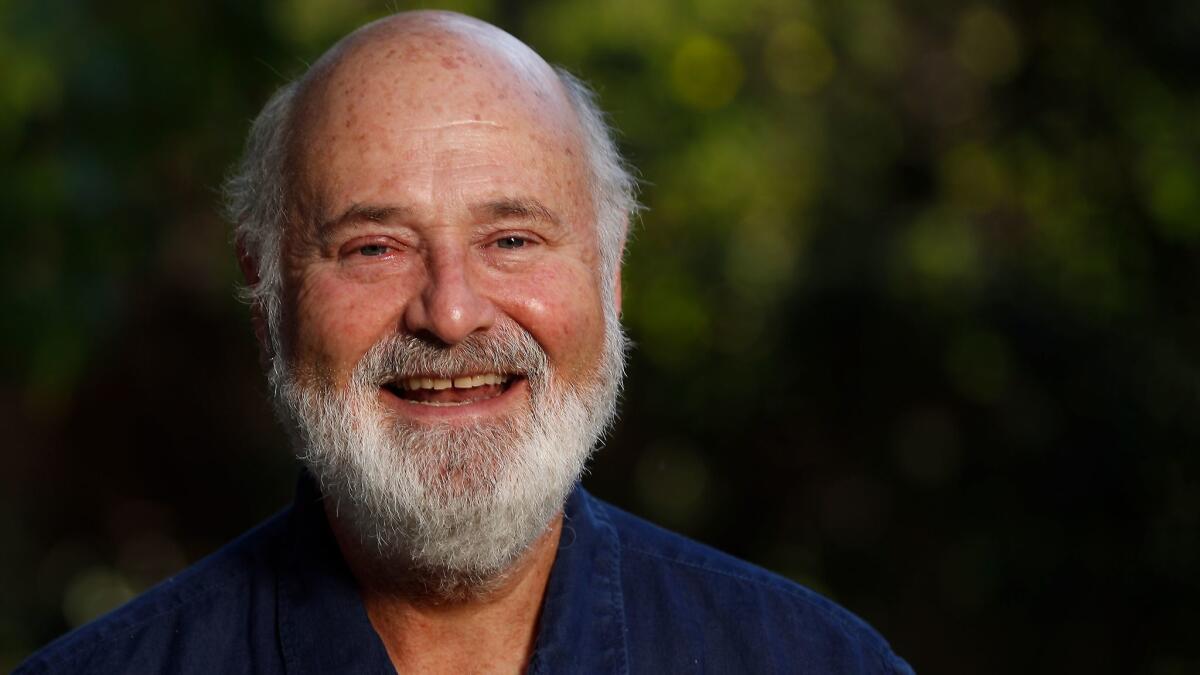
Before All in the Family, sitcoms played it safe.
TV families were picture-perfect. Jokes were soft. Politics? Left at the door. But then came Norman Lear and he tore up the rulebook. With one bold series, he broke the mold, gave a voice to the unheard, and proved that sitcoms could do more than entertain they could challenge us.
The first comedy that dared to be uncomfortable.
It opened with a nostalgic tune, “Those Were the Days,” but what followed was a raw, unfiltered look at America. Racism. Sexism. Homophobia. Religion. Poverty. War. Nothing was off-limits.
But All in the Family didn’t just show Archie Bunker yelling outrageous things. It made us examine them. His rants weren’t celebrated — they were questioned. The audience didn’t just laugh. They thought. And that changed everything.
A blueprint for bold TV.
Without All in the Family, there’s no Maude, no The Jeffersons, no Murphy Brown and probably no Black-ish or Atlanta today. Norman Lear didn’t just write episodes. He kicked open doors. And the writers who followed? They carried his torch into the future.
It also launched careers:
-
Rob Reiner (Mike) became a celebrated director.
-
Jean Stapleton (Edith) turned into a feminist icon.
-
Carroll O’Connor, forever linked to Archie Bunker, went on to tackle even more socially charged role
A legacy that won’t go quietly.
In 2019, ABC aired a live re-creation of All in the Family with Woody Harrelson and Marisa Tomei. It wasn’t just nostalgic it was relevant. The same fights, fears, and generational clashes are still with us.
We still laugh. We still cringe. We still reflect.
Because this wasn’t just a sitcom.
It was the moment television decided to grow up.
